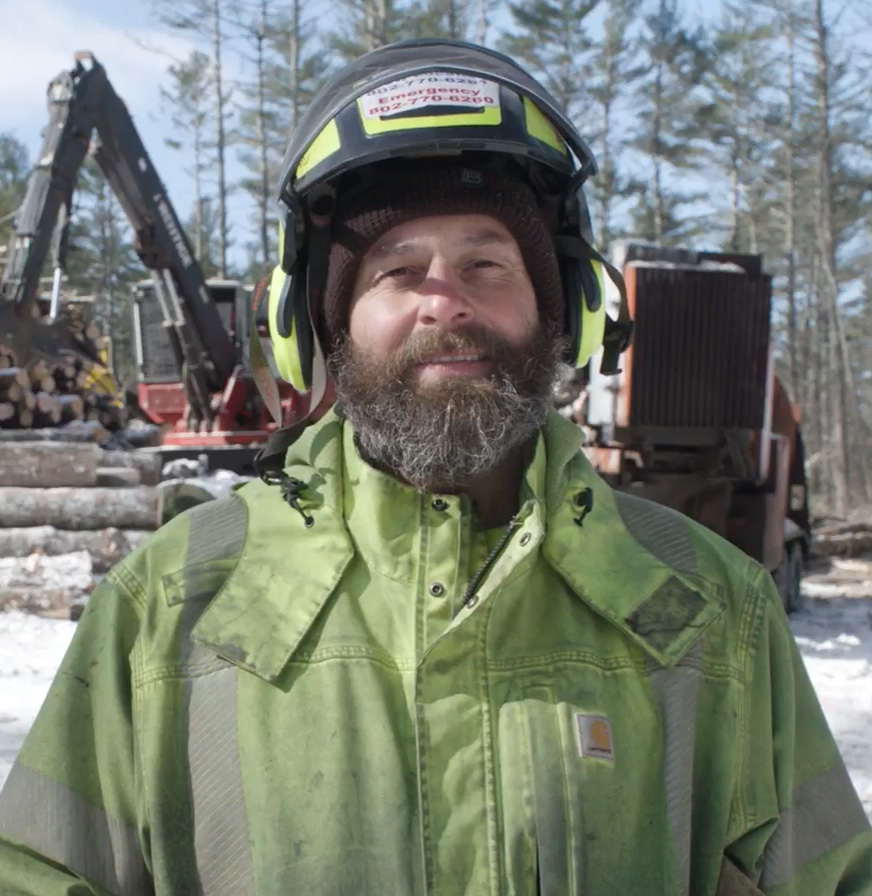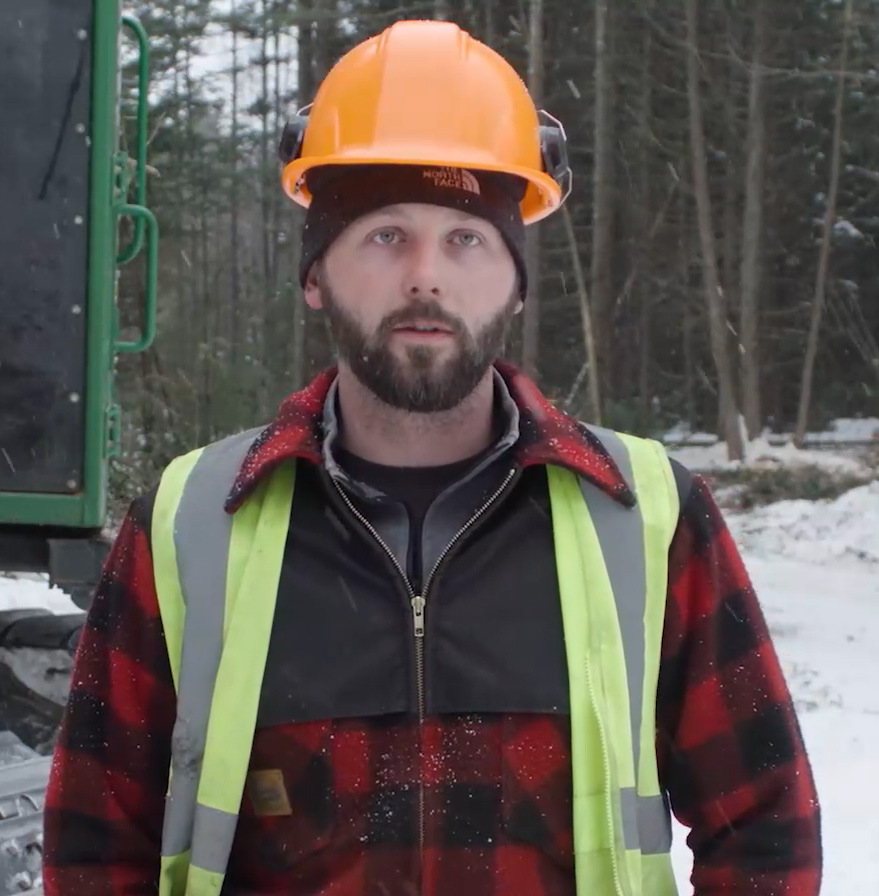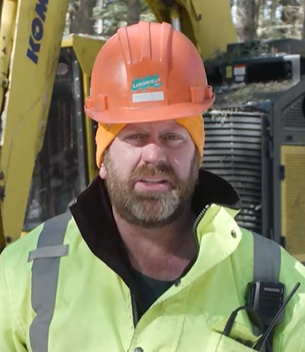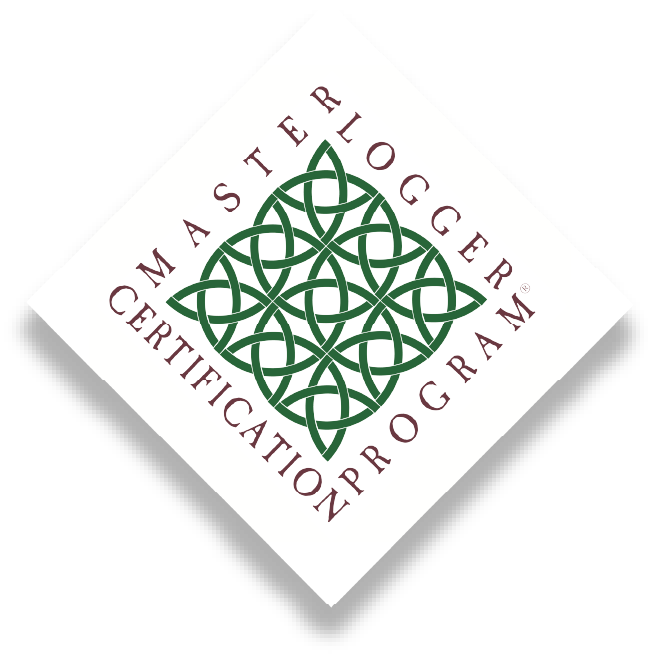Being a Master Logger
BENEFITS
✔ Enhance your company’s reputation✔ Lower Workers’ Compensation rates with certain carriers Learn More>
✔ Unlock new markets
✔ Access networking and free workshops
✔ Access promotional opportunities for your company ◦ Master Logger online directory for landowners
◦ Promotion through landowner networks
◦ Site signs
◦ Positive media attention
✔ Gain access to Direct Link Loan program Learn More>
Interviews With Master Loggers

“If you are a Master Logger, you are definitely doing what you are supposed to be doing out here; so when things are tight, we are able to get work and we are able to move our wood.”

“What made me decide to get Master Logger Certified was that I felt like loggers were not getting the recognition they deserve, and I really wanted that stamp of approval. The Master Logger program gives you the tools to really do nice work in the woods and create a sustainable, healthy forest.”

“I’m proud to be certified by a program that promotes continuous improvement in the logging profession. The Master Logger program recognizes that we are the boots on the ground professionals that put best practices into place and provides responsive support and programming for our businesses.”
– Sam Lincoln, Lincoln Farm Timber Harvesting, Master Logger in VT
